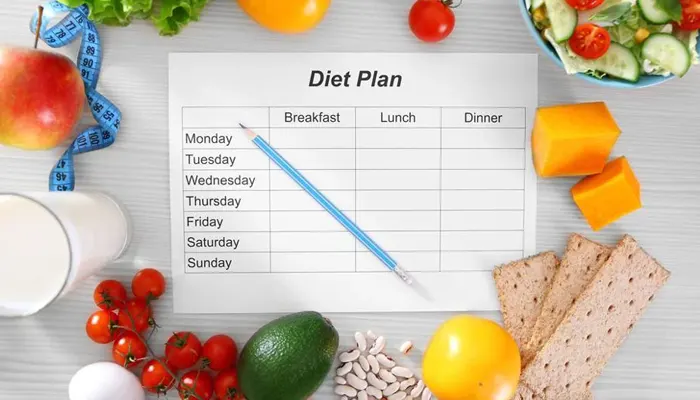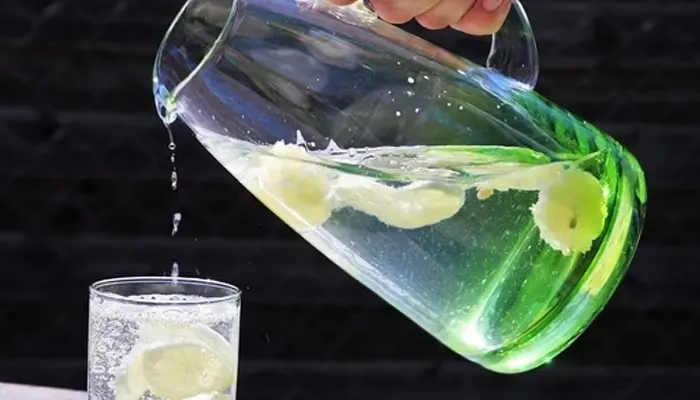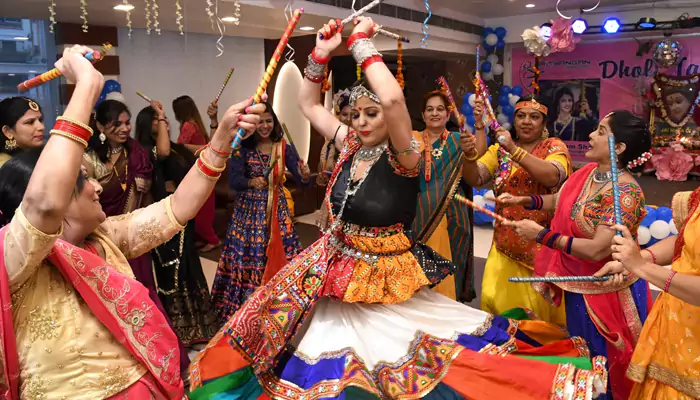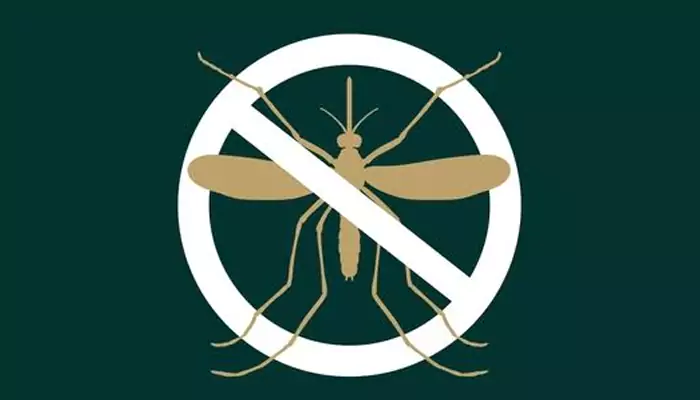From High Sugar In Baby Food To Maggi Ban, A Look At 6 Nestle Controversies Over The Years
- Admin
- 1 year ago
- 3 minutes read

Amid the reports of high sugar content in Cerelac, Nestle India claimed to have cut down on sugars by up to 30%.
Nestle, which is considered to be the world's largest consumer goods company, has been grabbing headlines yet again for sugar content in its baby food products sold in India. As per a study conducted by Swiss investigative organisation Public Eye, Nestle's Cerelac and Nido baby products in India contain around 3 grams of sugar per serving.
However, amidst that, Nestle has now claimed that it has made an effort to reduce sugars in baby food products by up to 30%. The company mentioned that it is now prioritising high-quality ingredients and nutritional standards.
"We believe in the nutritional quality of our products for early childhood and prioritise using high-quality ingredients. Over the past 5 years, Nestle India has reduced added sugars by up to 30%, depending on the variant in our infant cereals' portfolio (milk cereal-based complementary food). We regularly review our portfolio and continue to innovate and reformulate our products to further reduce levels of added sugars without compromising on quality, safety, and taste," a Nestle India spokesperson said in a statement.
However, this is not the first time that Nestle has been in controversy, so, here’s a look at the 6 major controversies that the consumer good company has been embroiled in over the years:
High sugar content in baby food
As per the report in Public Eye and the International Baby Food Action Network (IBFAN), there are differences in sugar content among Nestle's baby food products in various regions. While sugar content was found in Cerelac products sold in developing countries, there were sugar-free options for infant nutrition in European nations. Clearly, the sugar content between Nestle's products sold in low-income and middle-income countries is much more than those sold in Switzerland, for instance.

Unhealthy food portfolio
In 2021, Nestle got slammed for revealing an internal presentation, which hinted that a sizeable portion of its food and beverage range did not meet recognised health standards. The company confirmed that 60% of its food and drinks portfolio did not meet health criteria. But it pledged to review its entire product lineup.
Maggi noodles ban
In 2015, Nestle was again in controversy due to the ban on its popular Maggi noodles, after excess lead and monosodium glutamate (MSG) were found in it. Post that, approximately 38,000 tonnes of Maggi noodles were withdrawn, and it adversely affected Nestle India's market share and revenue. At the time, there were discrepancies in Maggi's labelling claims.

Nestle's allegations of discouraging breastfeeding
Nestle faced backlash in the United States in 1977 for allegedly discouraging breastfeeding with an aim to promote its baby formula. The boycott continued until 1984 when Nestle agreed to adhere to marketing codes by the World Health Organization (WHO).
Allegation of child labour
In 2021, Nestle faced legal allegations over child labour in cocoa farms in the Ivory Coast,. Former alleged child slaves sued the company, but the case was dismissed due to a lack of evidence.
Environmental concerns
Nestle's packaging practices amp up the plastic pollution concerns, but despite its pledge to redesign them, there has been an incineration of plastic waste, which leads to environmental pollution.












